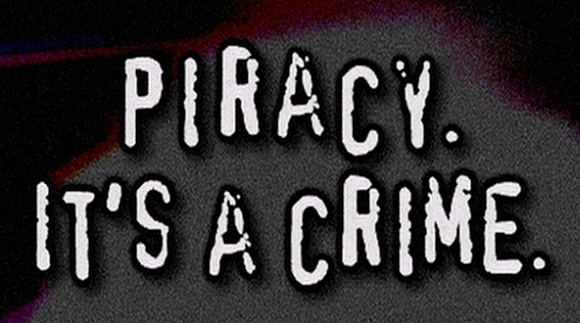DIGITAL music piracy could be a thing of the past – and music companies billions of dollars better off – courtesy of new technology developed at Deakin University.
Researchers at Deakin’s Waurn Ponds and Burwood campuses have developed a new watermarking technique that leaves a trail of pirates who illegally distribute files.
The technology is tipped to save 35 billion Euros a year in Europe alone.
Project lead researcher Associate Professor Yong Xiang, lead researcher on the project, said 95 per cent of music downloads were illegal, presenting a “major issue” for the music industry.
“In Australia around 2.8 million people download music illegally via file sharing networks. This causes enormous amounts of lost sales revenue and royalties to producers, musicians and other performers.
“In European countries alone, music piracy would result in E240 billion retail revenue loss in the period from 2008 to 2015.”
Assoc Prof Xiang said the watermarking technology hid data such as publisher name, signature, logo, ID number and other user information into the actual multimedia object without affecting its normal usage.
“What we did was to enable music file owners and relevant law enforcement authorities to use a secret key to extract the watermark data from the watermarked multimedia object.
“Watermarking technology can be used to prove copyright ownership, trace the source of illegal distribution and verify the authenticity of files.”
Deakin’s School of Information Technology worked with researchers from Japan’s Aizu University to develop the anti-piracy process.
Their research is set to be published in the latest edition of IEEE/ACM Transactions on Audio, Speech, and Language Processing.
The proposed method can overcome various attacks used to undermine previous onlinie music security technologies.
Deakin blocks music pirates

Digital Edition
Subscribe
Get an all ACCESS PASS to the News and your Digital Edition with an online subscription
Fairytale return for Two Blues spinner
More than three years after his last 1st XI appearance and after a string of horrific leg injuries, Newtown & Chilwell spinner Chris Williams...








